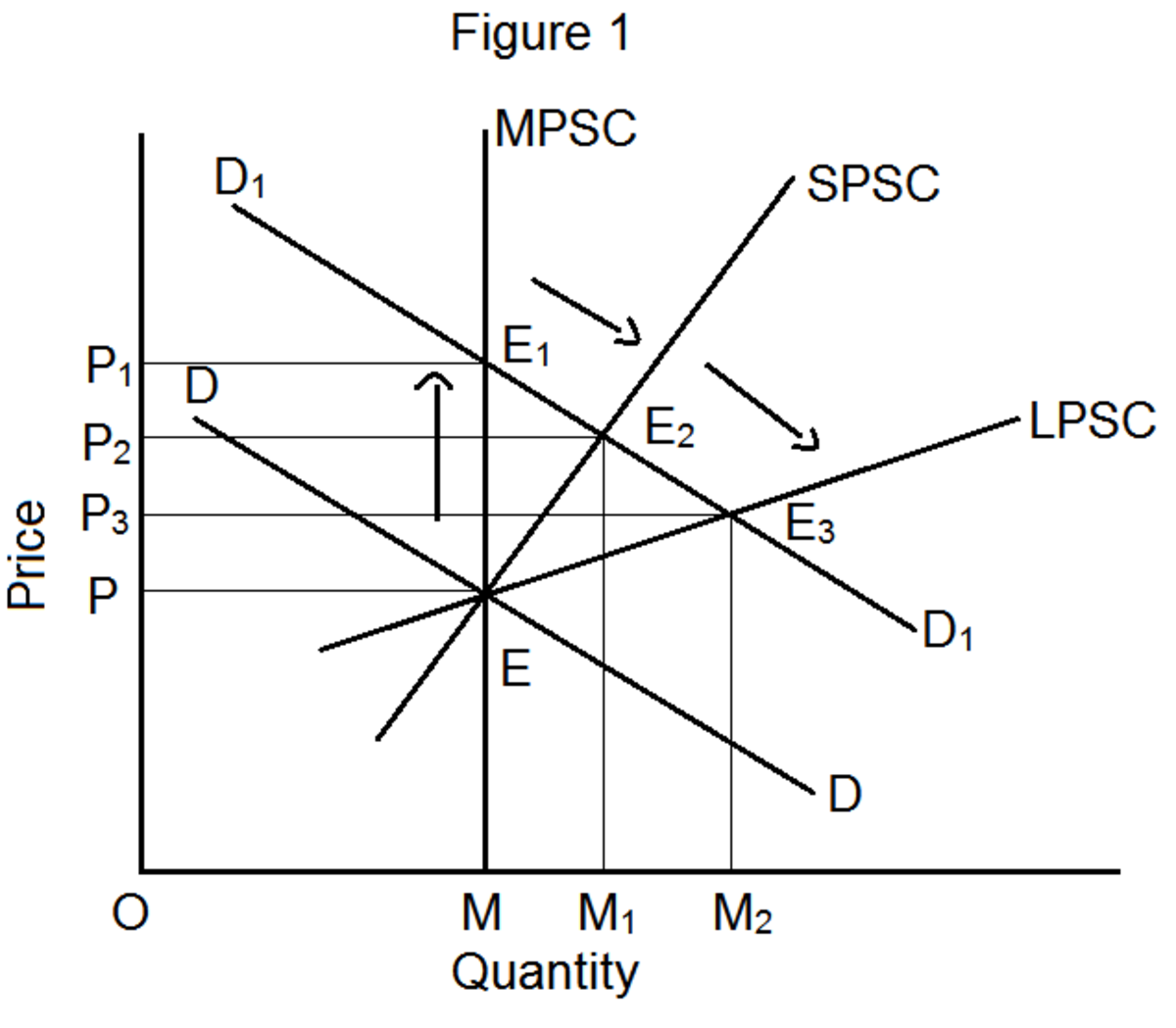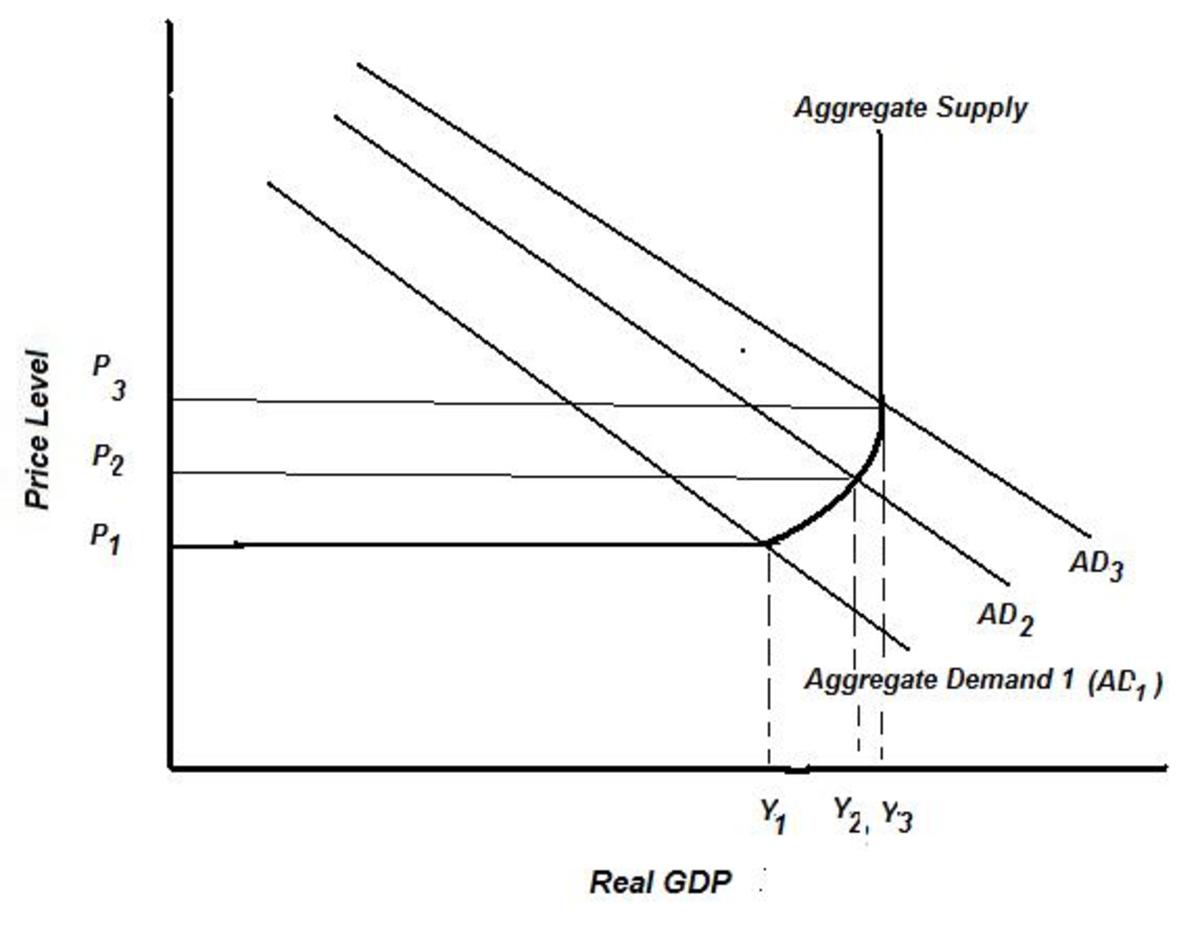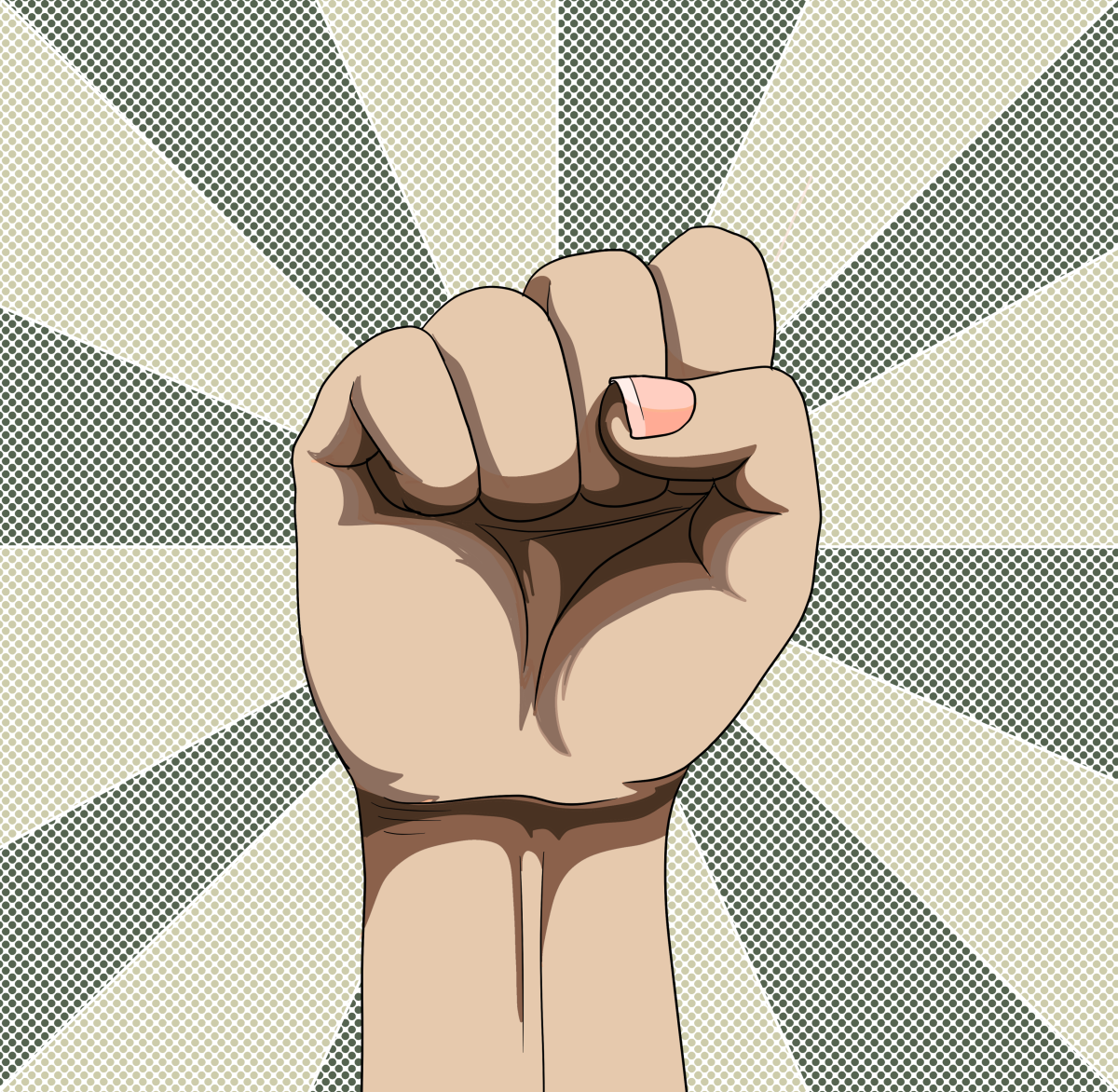Tools That Move Nations: Supply and Demand

We experience school at some point in our lives. In this institution, we learned many subjects to prepare us for our future. Those subjects ranged from sciences, social, and even careers. While all are important, the lesson with the most direct impact in daily life is social. In social class, we are instilled that the backbone of society is its market.
The market governs what we can and can’t do. If the market doesn’t want an apple, we should not sell an apple. People can try to vend apples, but nobody will buy them. Then, you will lose money. Furthermore, people believed the market is too unpredictable to do something. In truth, the market is volatile, but it is not uncalculable. To resolve that, we now have adequate resources to predict the market.
TV channels, newspapers, websites, etc. have provided us with information to understand the market. But lots of these informants are using idioms and jargon that most people can’t digest. Labor allocation, stocks, and the rise of cryptocurrency are unknown words for the majority of individuals. But it can be traced back to one primary term: supply and demand.
How It Shaped History

The belief that Supply and Demand are crucial may be older than Christianity. In the Tirukkural or Sacred Verses, classic Tamil literature from more than 2000 years ago, it is stated that “if people do not consume a product or service, then there will not be anybody to supply that product or service for the sake of price." So, history praised this concept for significant reasons.
“ If desire for goods increases while its availability decreases, its price rises. On the other hand, if availability of the good increases and the desire for it decreases, the price comes down.”
— Ibn TaymiyyahMoreover, some historians argue that only a small portion of history isn’t done because of economic. Kingdoms conducted colonization to provide wealth. After that, let’s discuss the American Civil War. This event is fought between the northern states and the southern states, or it can be called the battle of paid and unpaid labor. Then, we know that the claims of historians are not nonsense but a rational argument.
Our past has been dictated by supply and demand. And the present, as well as the future, may not be different. It is worth knowing that people have the power to control the market. Products won’t be manufactured if people boycott it. People could react proactively rather than reactively. They can change the flow of commerce by making necessities. The prospect of the market was, is, and will be endless.
We Change and Are Changed by Market

Supply and demand are always there, but the force changing them doesn’t consistently exist. If an individual could change the market, he/she will be a big shot in the industry. Indeed, people believed that changing the market is a complicated topic. While this idea has some truth in it, changing the market is not complicated; it is difficult. A person could change the market by formulating a necessity for the people.
Steve Jobs announced the iPhone in 2007. Experts didn’t believe that the concept was possible. And they are right. In the past, the components were not powerful enough to deliver all iPhone features properly. The first was riddled with bugs and other technical issues. But its main selling point, the touchscreen feature, was such a big deal that it started a defining trend for the era.
In comparison, BlackBerry was a giant in the phone industry. In 2009, 20% of phones used were produced by them. But five years later, its numbers drop below 1%. The market demanded that phones must have a touchscreen. Whereas, BlackBerry insisted that their design was the best. Coupled with, BlackBerry wasn’t observant to see that the market shifted toward digital components. And when they realized it, their time was over.
“Man Is Greater Than the Tools He Invents”

Besides, supply and demand cannot solve all problems. The market governs our lives, and supply and demand is the head of the market. There is a difference between can be fixed and should be repaired. From an economic perspective, every trade is beneficial. With this argument, organ trading should be legal. Unfortunately, this concept cannot and will not replace what makes us human: morals and ethics.
“If it ain't broke, don't fix it.”
— Bert LanceThis idea, and economy in general, can solve and explain many problems in a wide range of fields, but it struggles when faced with ethics and human morals. Selling your culture to gain capital is the best thing to do according to economic standards. But it isn’t a noble thing to do as a human being. Nobody will think to trade their cherished heritage with some paper to purchase the newest Rolls Royce.
Trading your baby for a trip to Hawaii is also okay based on this standard. But you shouldn’t do it just because it is beneficial for your capital. It can even backfire you since you lost emotional support. Only a small portion of ideas works in every situation. Hence, we should strive to rationalize our choices more.
Rationality Is What We Need
On the surface, supply and demand are only an exercise we answered at school. But after further inspection, it has depths and importance on why we should understand it. Economists believed that this concept alone should be enough to achieve the definition of economics: the study of scarcity and choice.
© 2020 Azka F F








